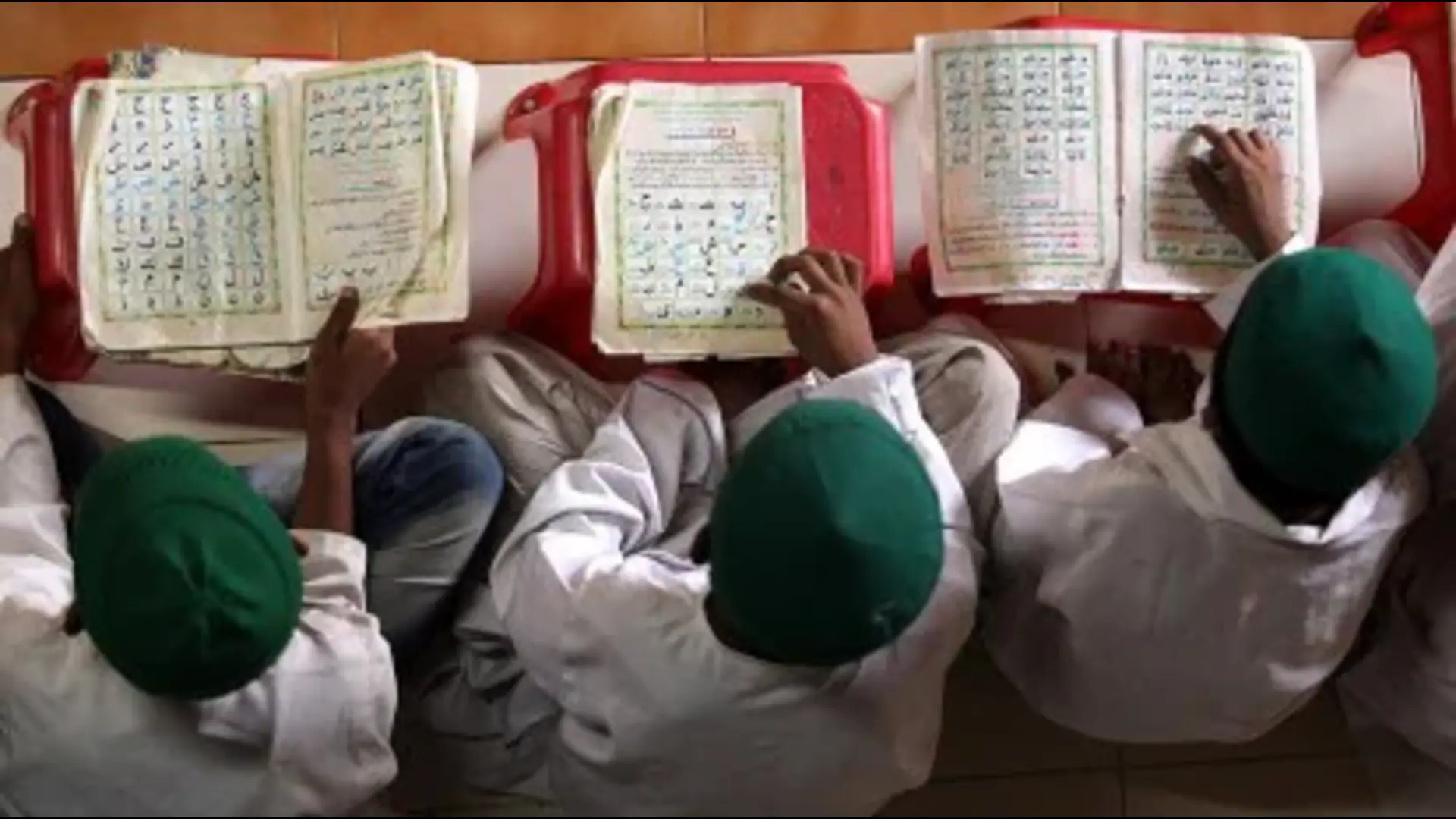
On Monday, diesel prices in Malaysia increased by more than 50 per cent as the government revamped decades-old fuel subsidies to reduce spending and save billions of ringgits (Malaysian currency) annually. This restructuring eliminates blanket energy subsidies and redirects them to those in need.
The reforms, part of Prime Minister Anwar Ibrahim’s economic strategy, are designed to create a more sustainable economy and curb the smuggling of cheap oil to neighboring countries. While higher fuel prices are necessary, Anwar has been cautious, mindful that working-class voters are already struggling with rising living costs.
The decision to cut fuel subsidies was announced last month, providing lower-income groups time to prepare for the transition. The government also plans to eventually address petrol subsidies.
Fuel price hike explained
Second Finance Minister Amir Hamzah Azizan announced on Sunday that diesel prices would rise to 3.35 ringgit (USD 0.71) per litre on Monday, a 56 per cent increase from the previous subsidized price of 2.15 ringgit (USD 0.46). He stated that prices will be reviewed weekly to align with market rates.
However, the price increase will not apply to Malaysian states on Borneo island and eligible logistic vehicles. Additionally, lower prices for fishermen and various land public transport vehicles, such as school buses, taxis, and ambulances, will remain unchanged.














